What's in Your Water?
1/25
There's no tags or description
Looks like no tags are added yet.
Name | Mastery | Learn | Test | Matching | Spaced | Call with Kai |
|---|
No analytics yet
Send a link to your students to track their progress
26 Terms
cell
smallest unit of life
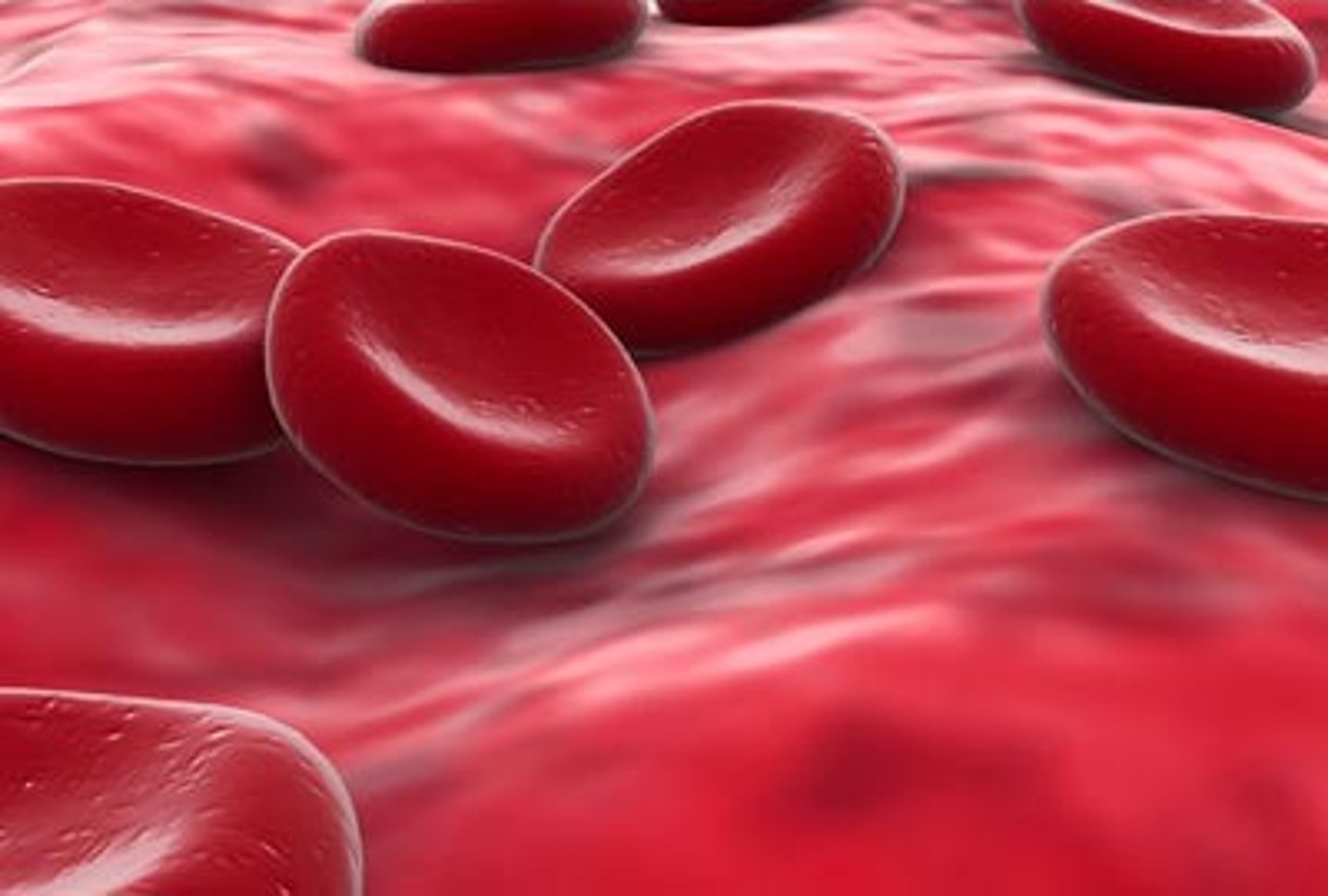
organelle
A tiny cell structure that carries out a specific function within the cell
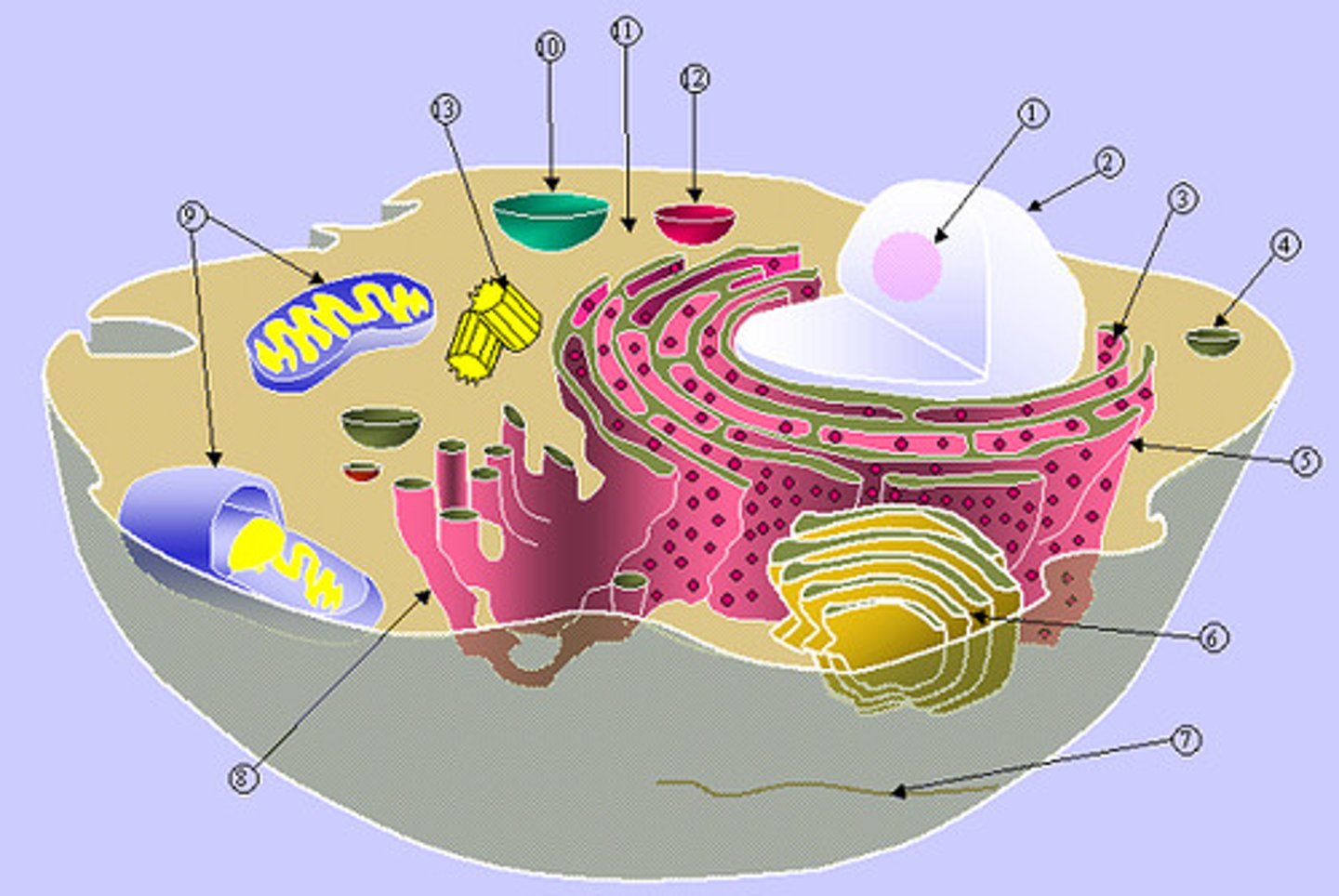
molecule
A group of atoms bonded together
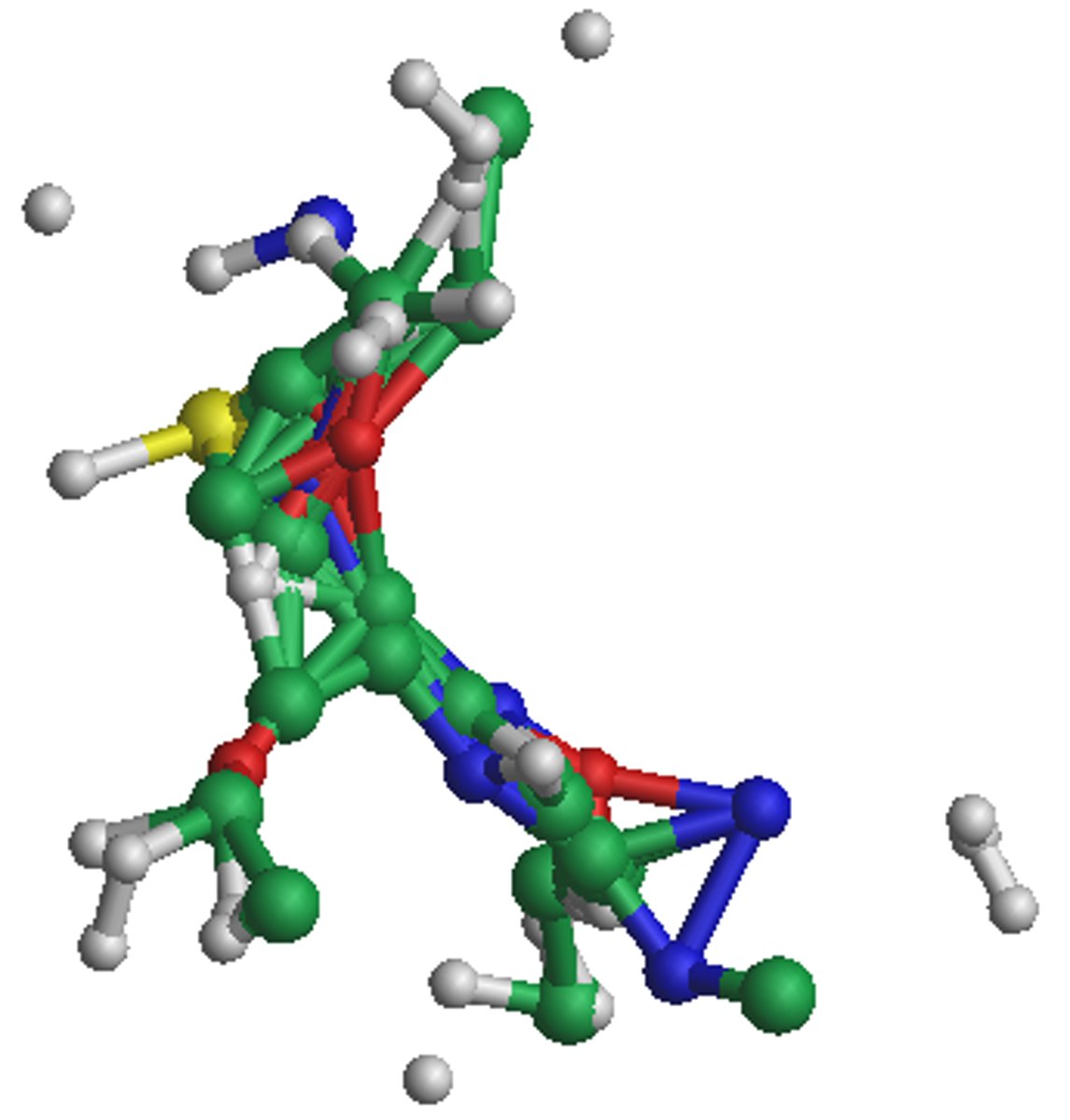
prokaryotic
Simple cells that do not have a nucleus
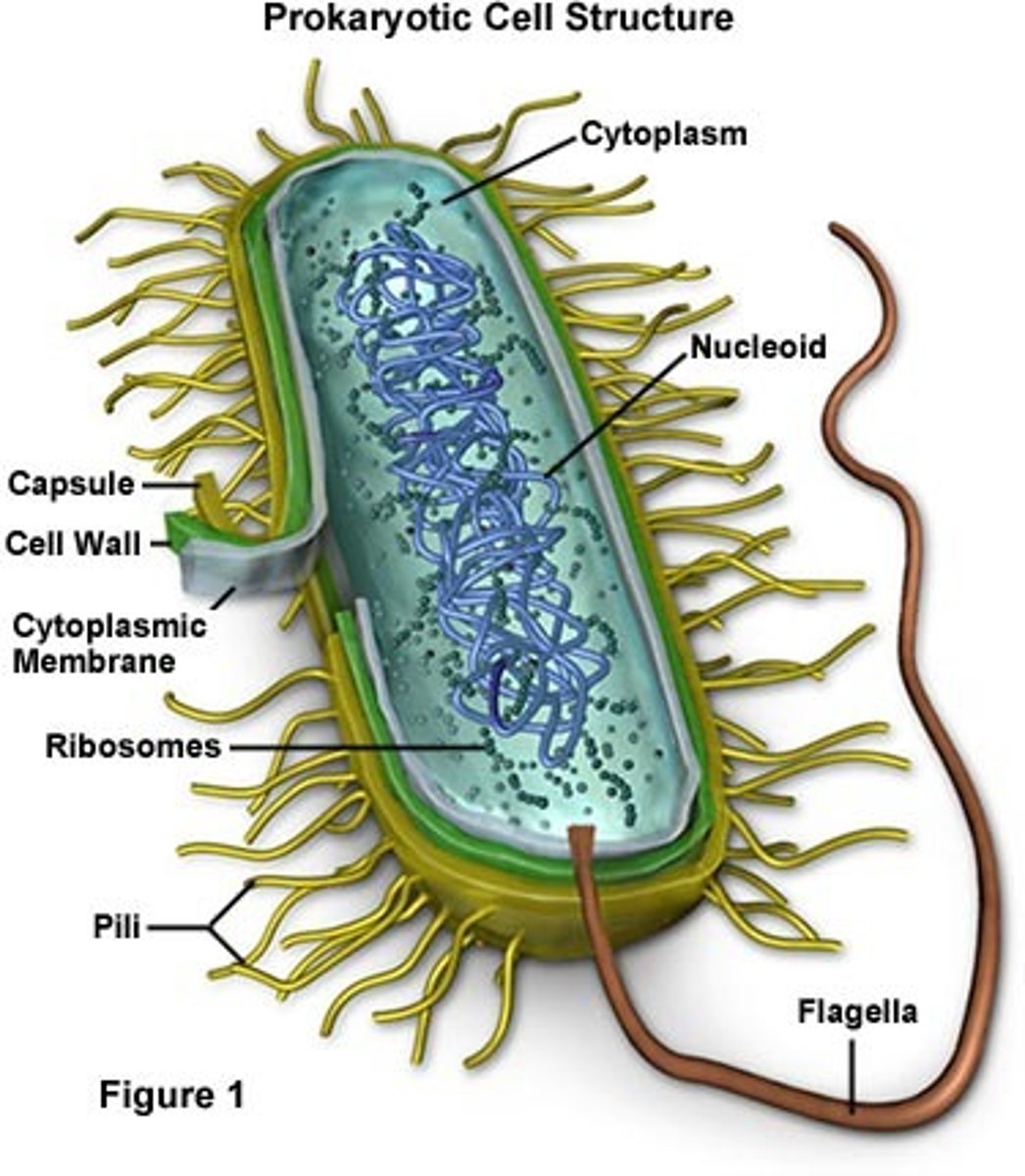
Eukaryotic
Complex cell with a nucleus (surrounded by its own membrane) and other internal organelles.
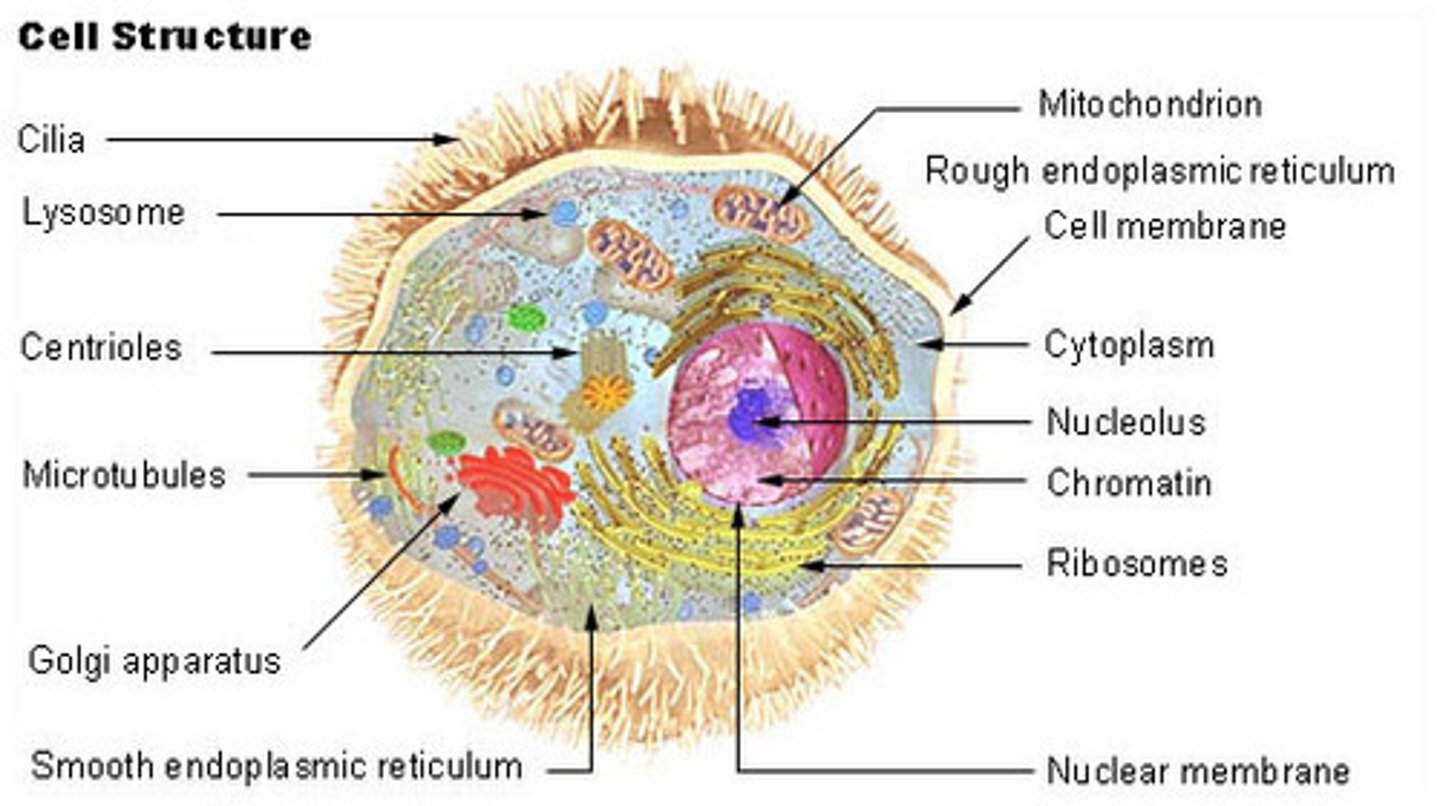
unicellular
A single celled organism
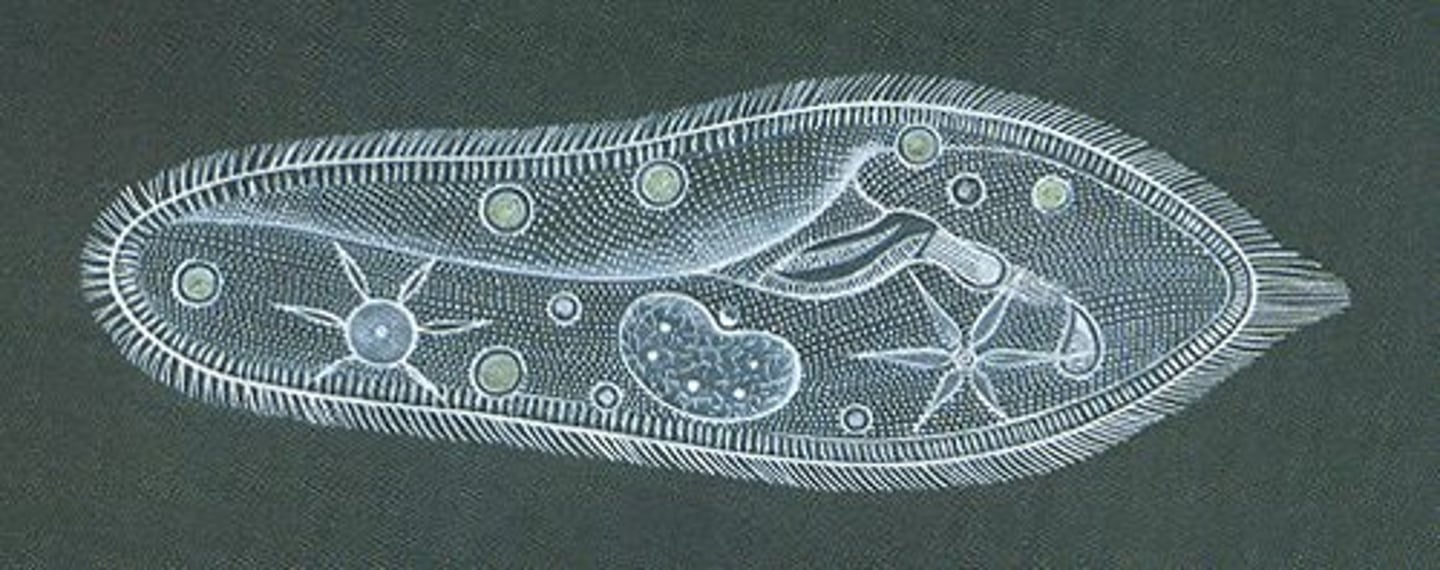
multicellular
Made up of more than one cell.
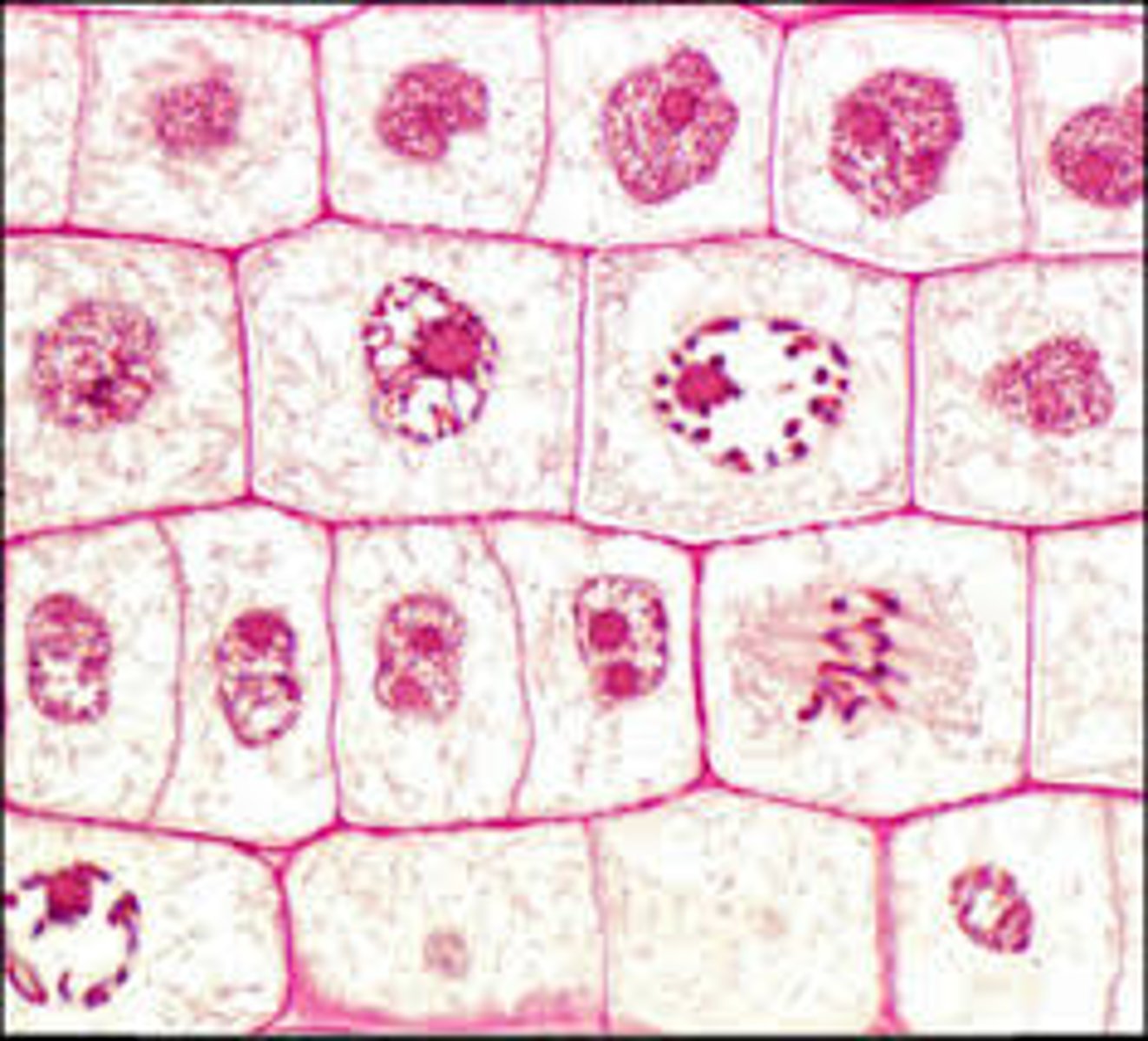
cell membrane
thin, flexible barrier around a cell; regulates what enters and leaves the cell
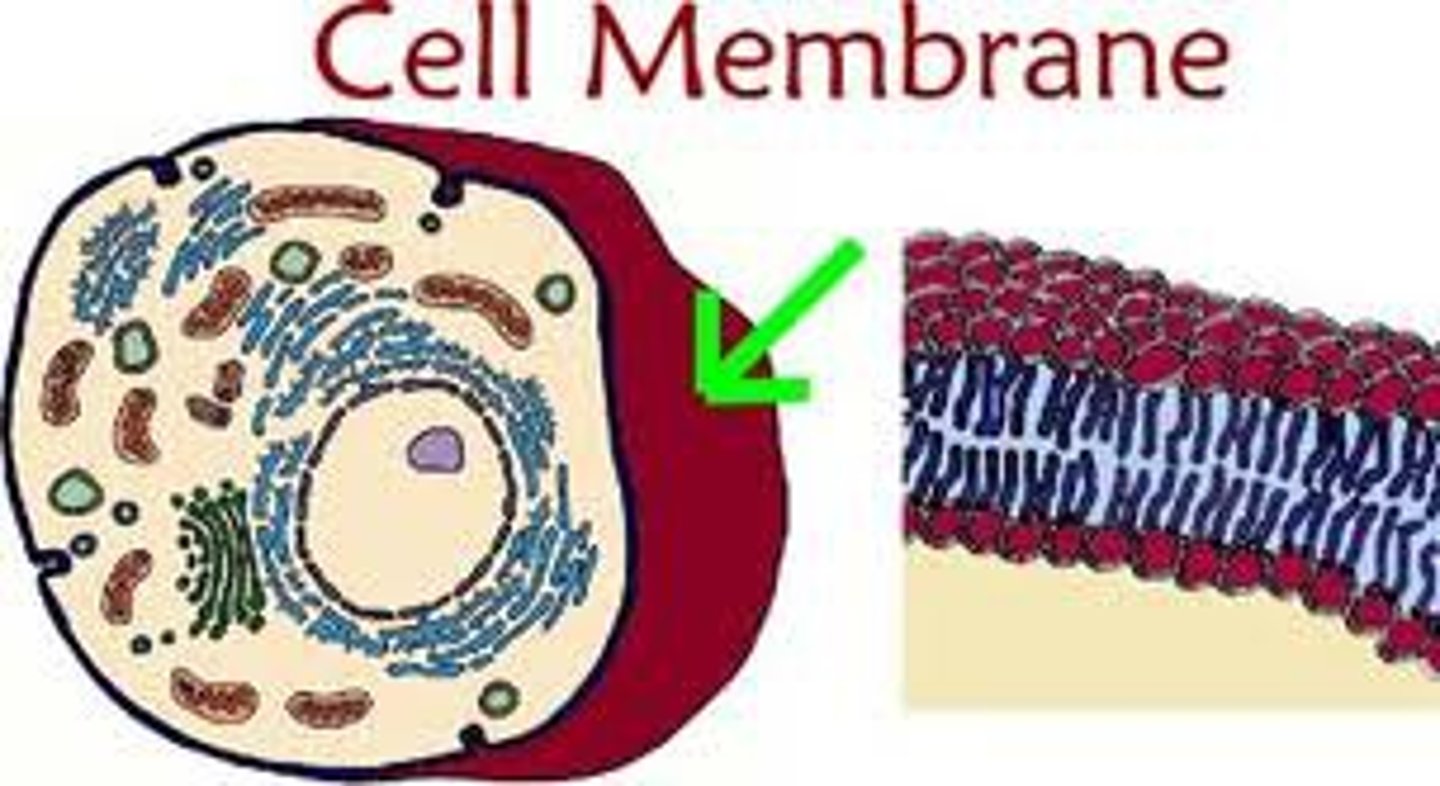
cytoplasm
A jellylike fluid inside the cell in which the organelles are suspended
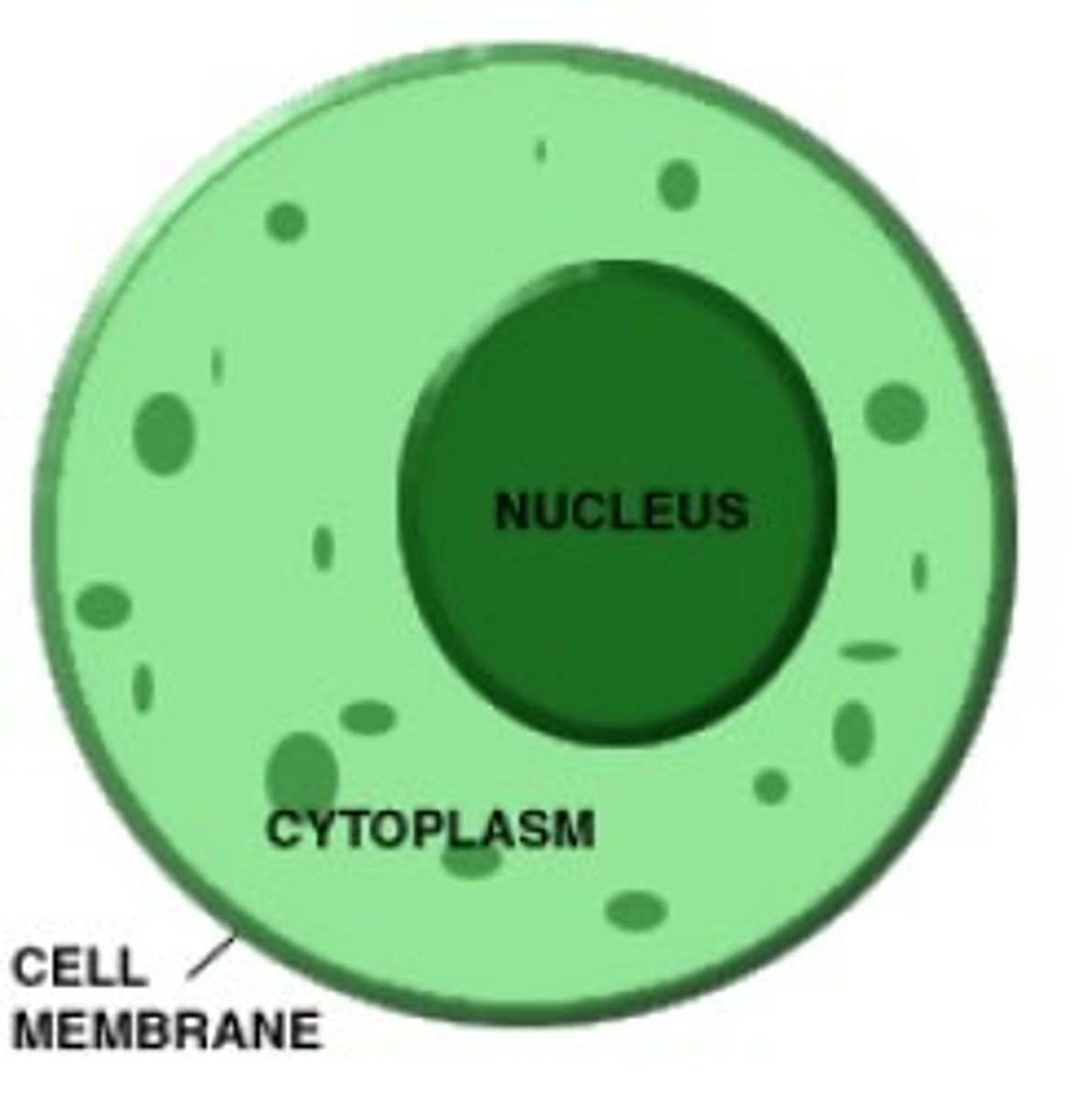
ribosome
site of protein synthesis in the cell
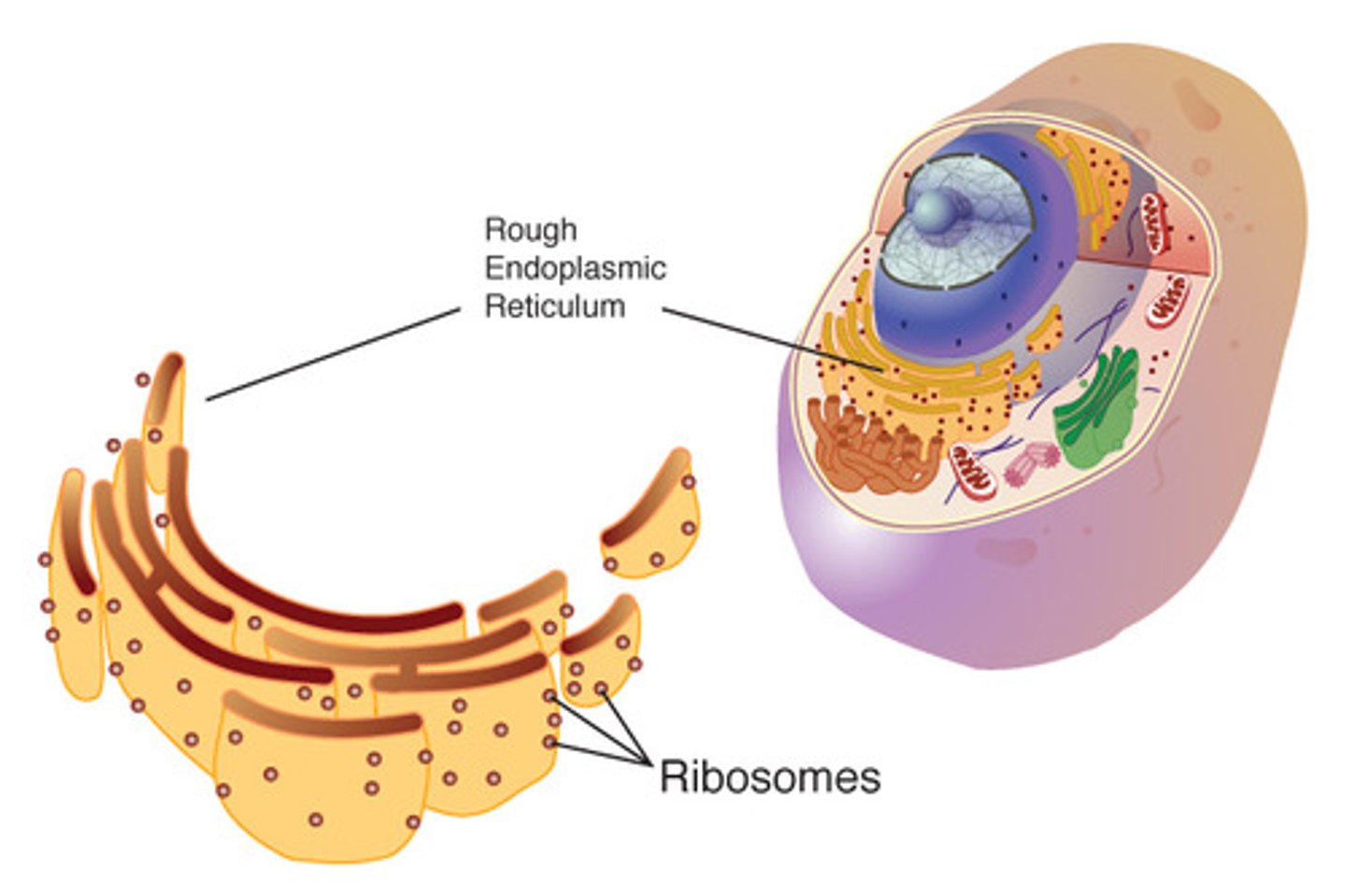
chloroplast
An organelle found in plant and algae cells where photosynthesis occurs
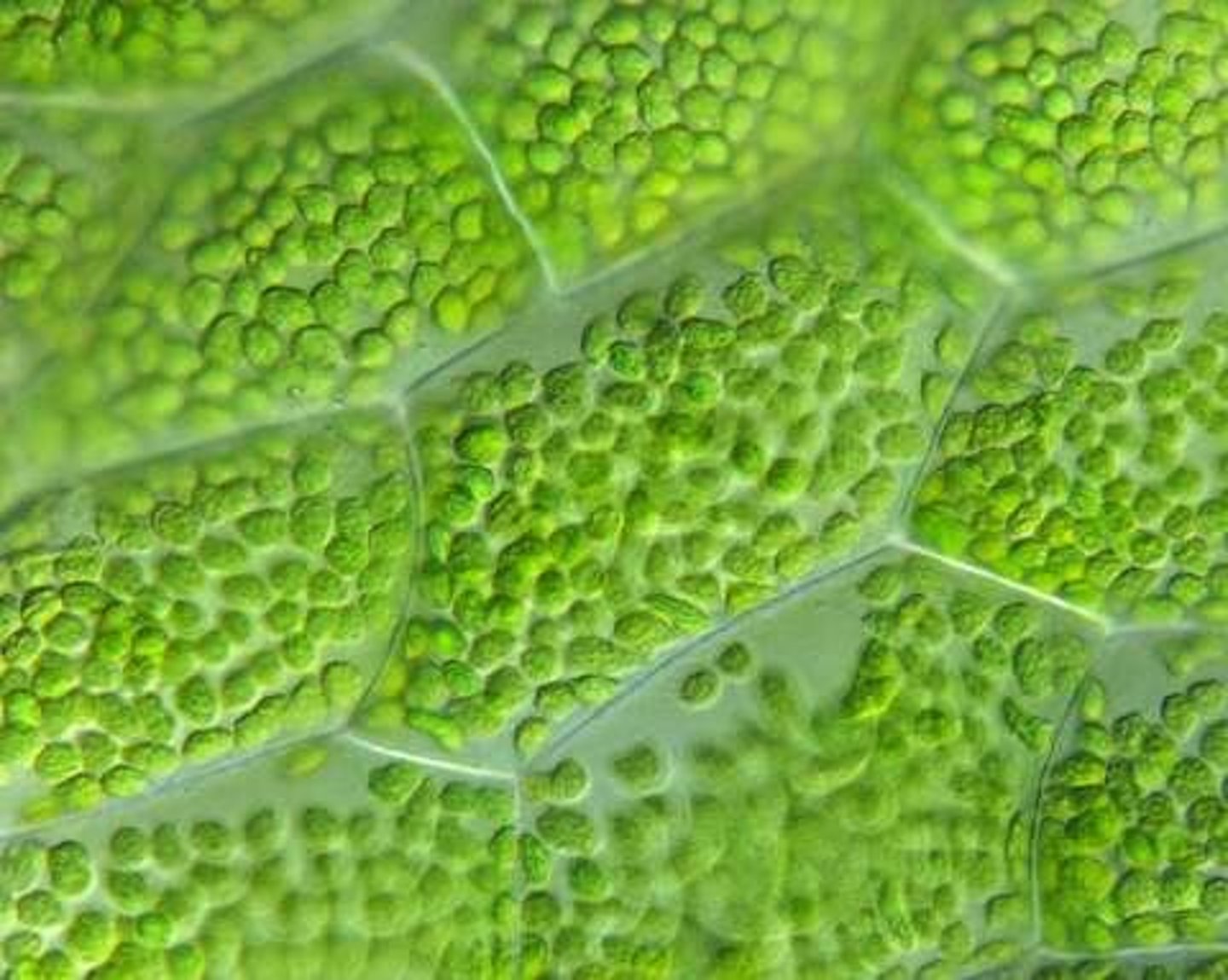
nucleus
A part of the cell containing DNA; responsible for growth and reproduction
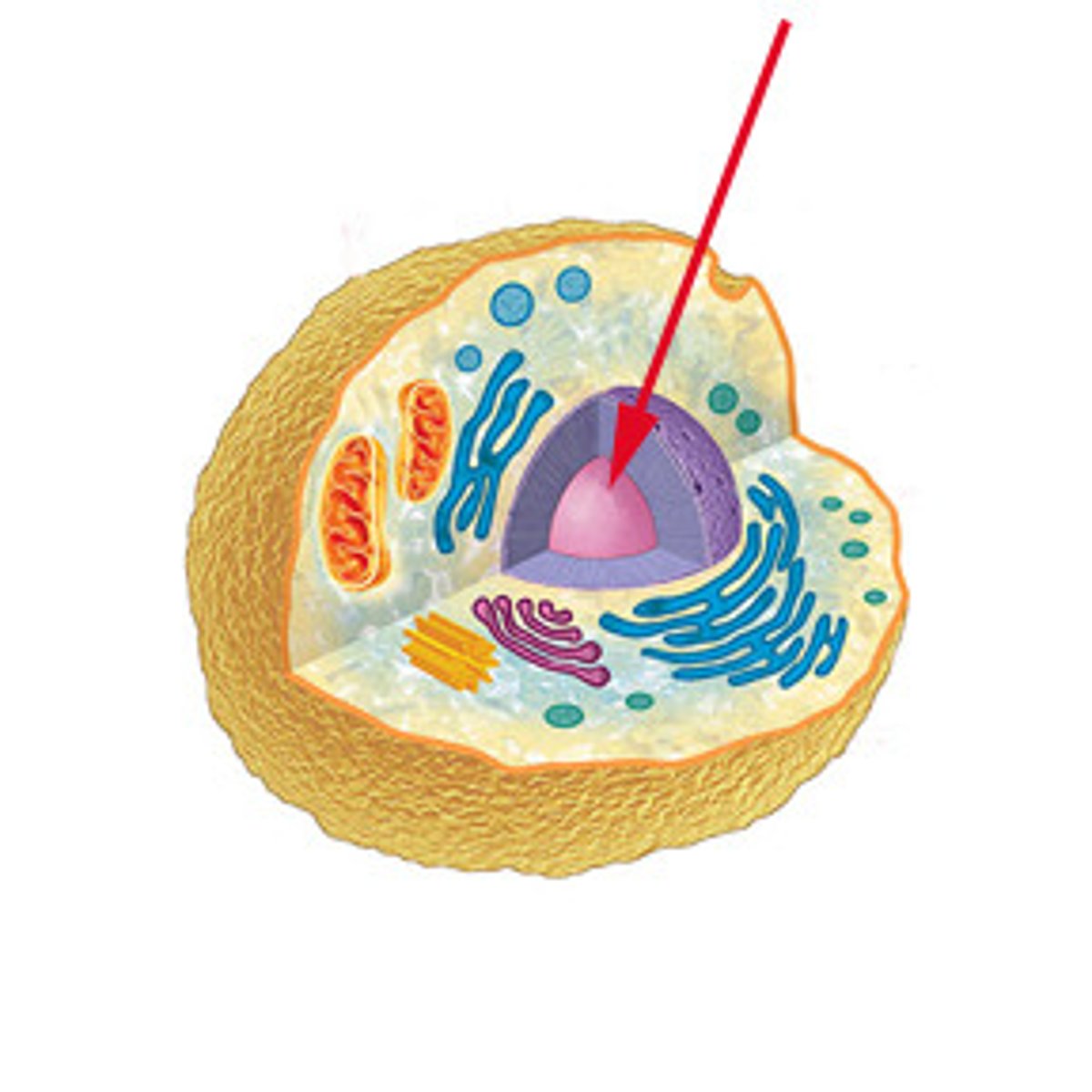
cell wall
strong, supporting layer around the cell membrane in some cells, like bacteria and plants
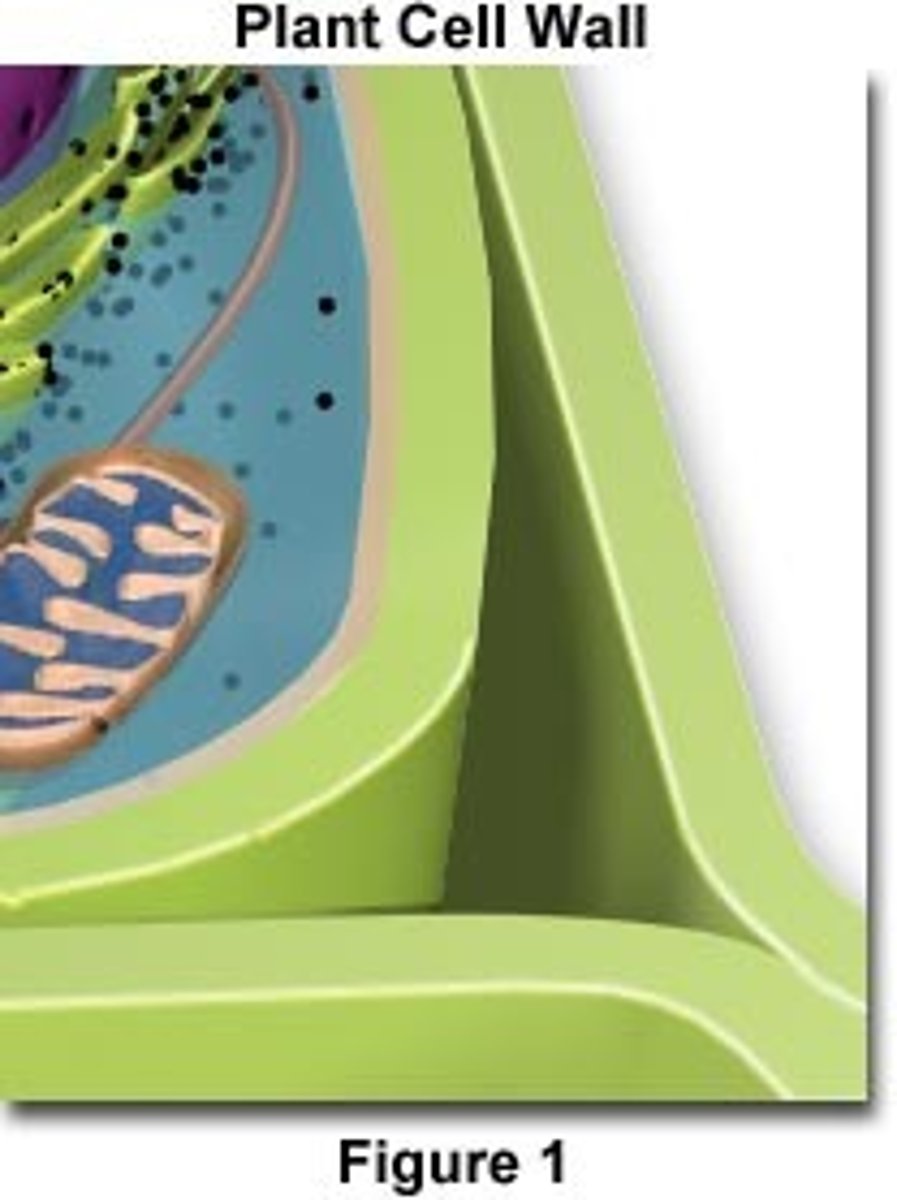
autotrophs
Organisms that make their own food
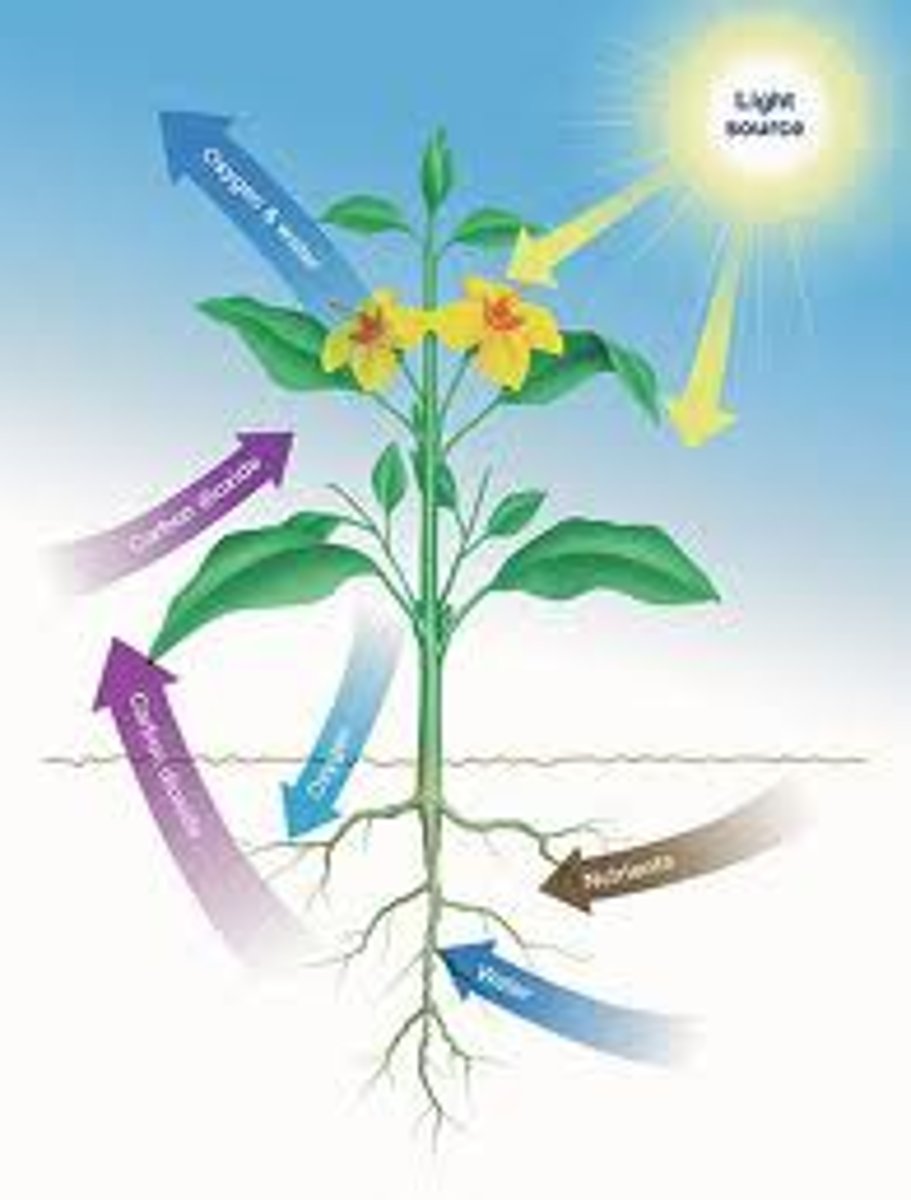
heterotrophs
organisms that cannot make their own food
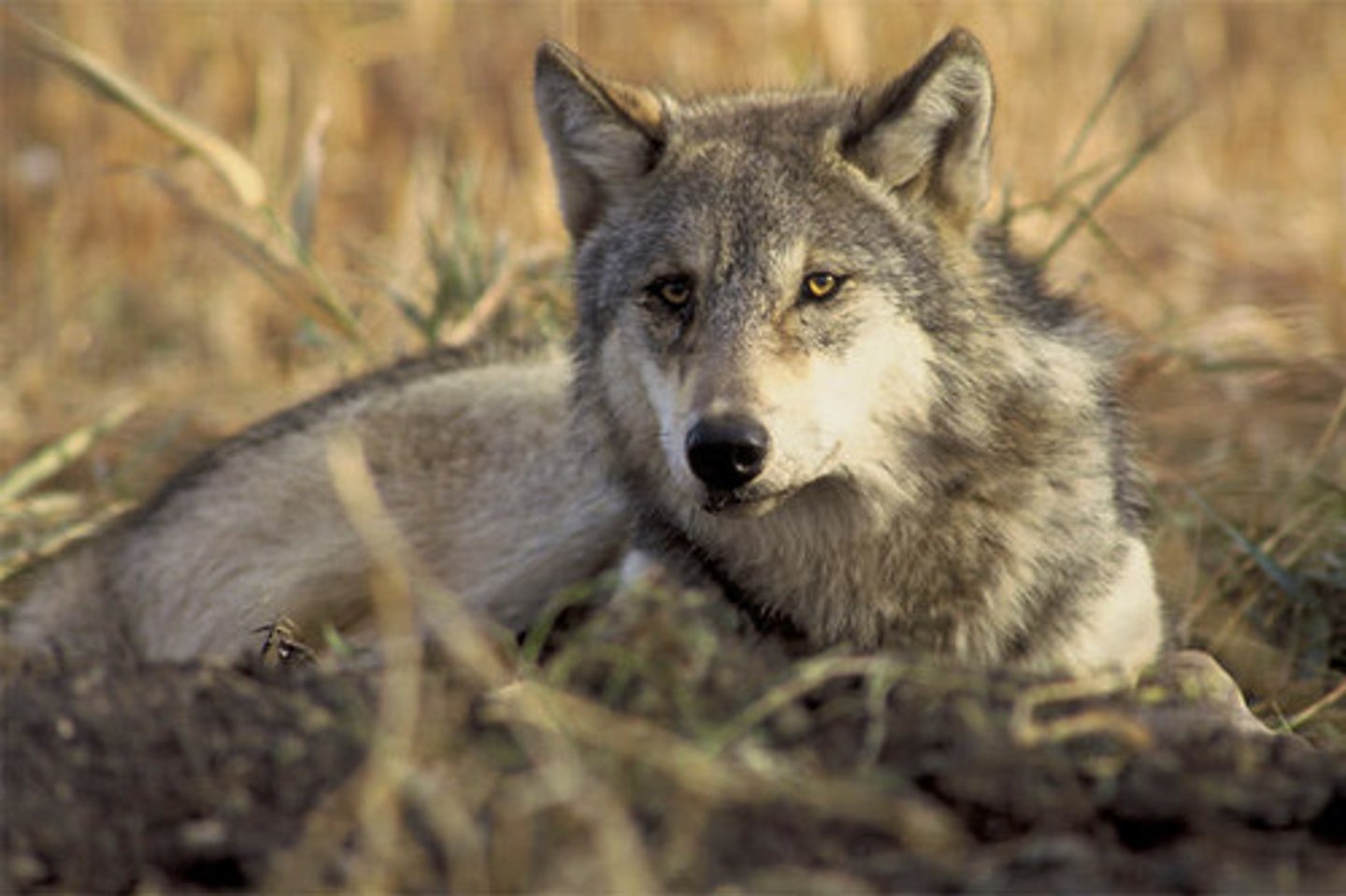
Bacteria
single-celled organisms that lack a nucleus; prokaryotes
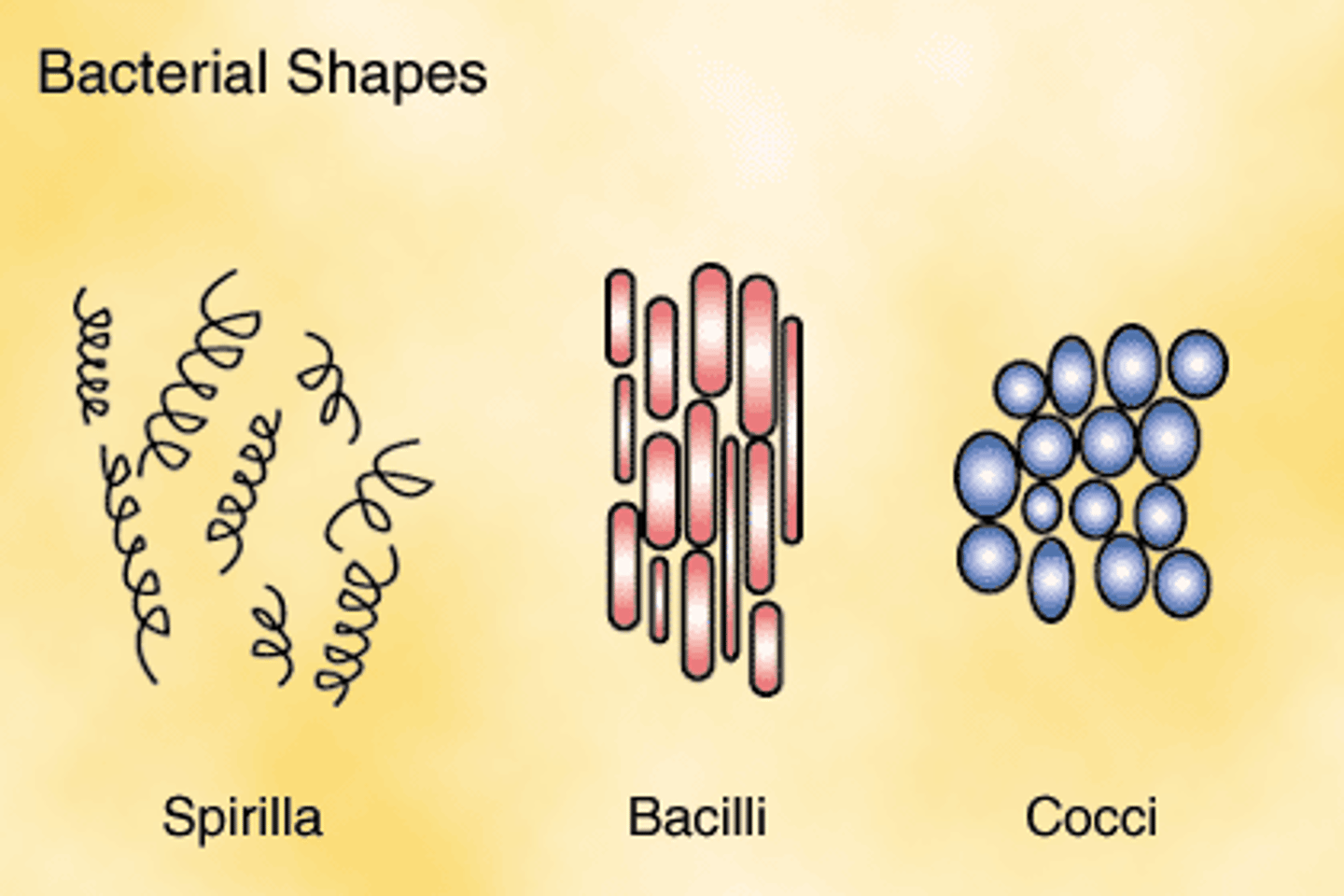
Protist
A group of mostly unicellular organisms; all water dwelling.
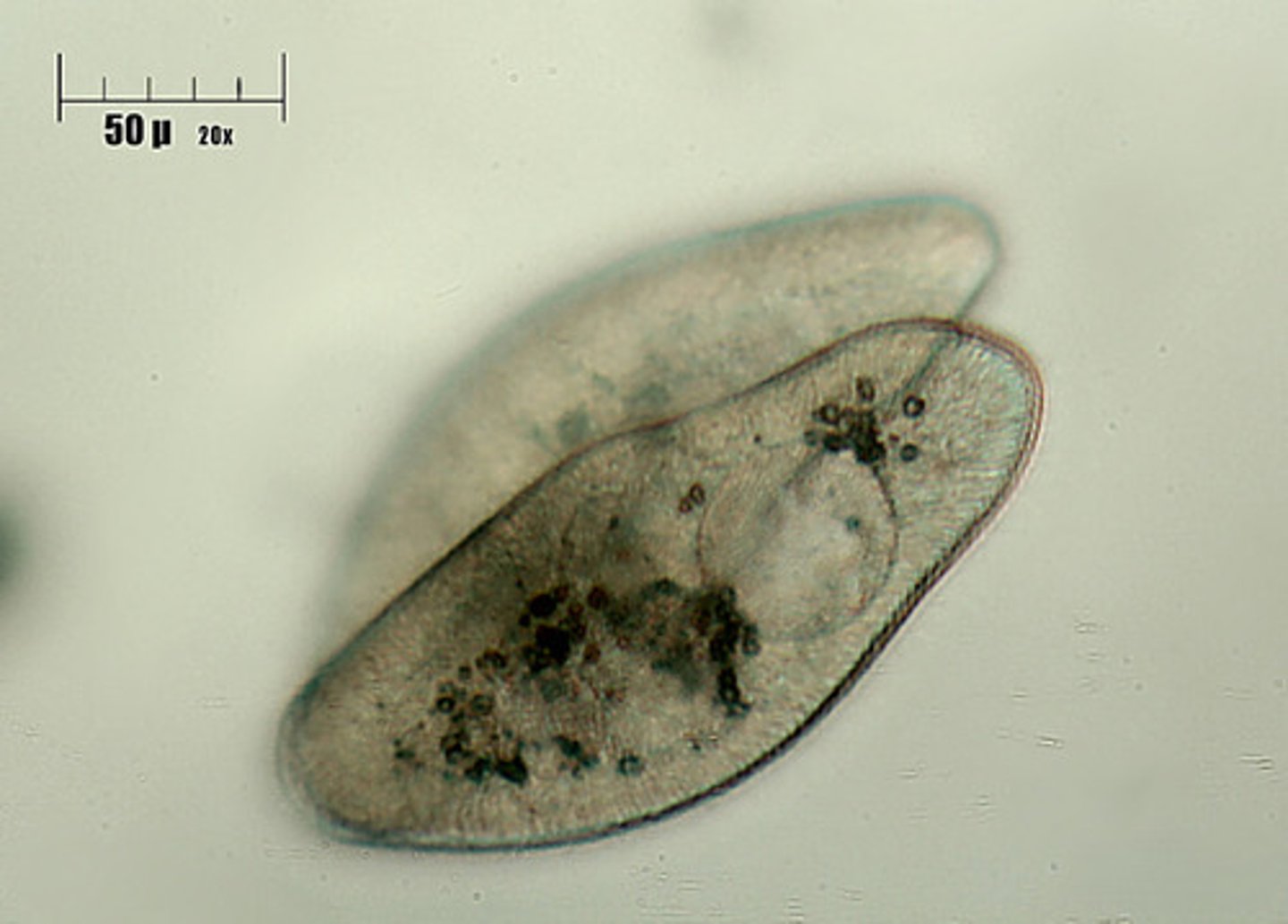
Plant Cell
multicellular eukaryote that produces its own food through photosynthesis
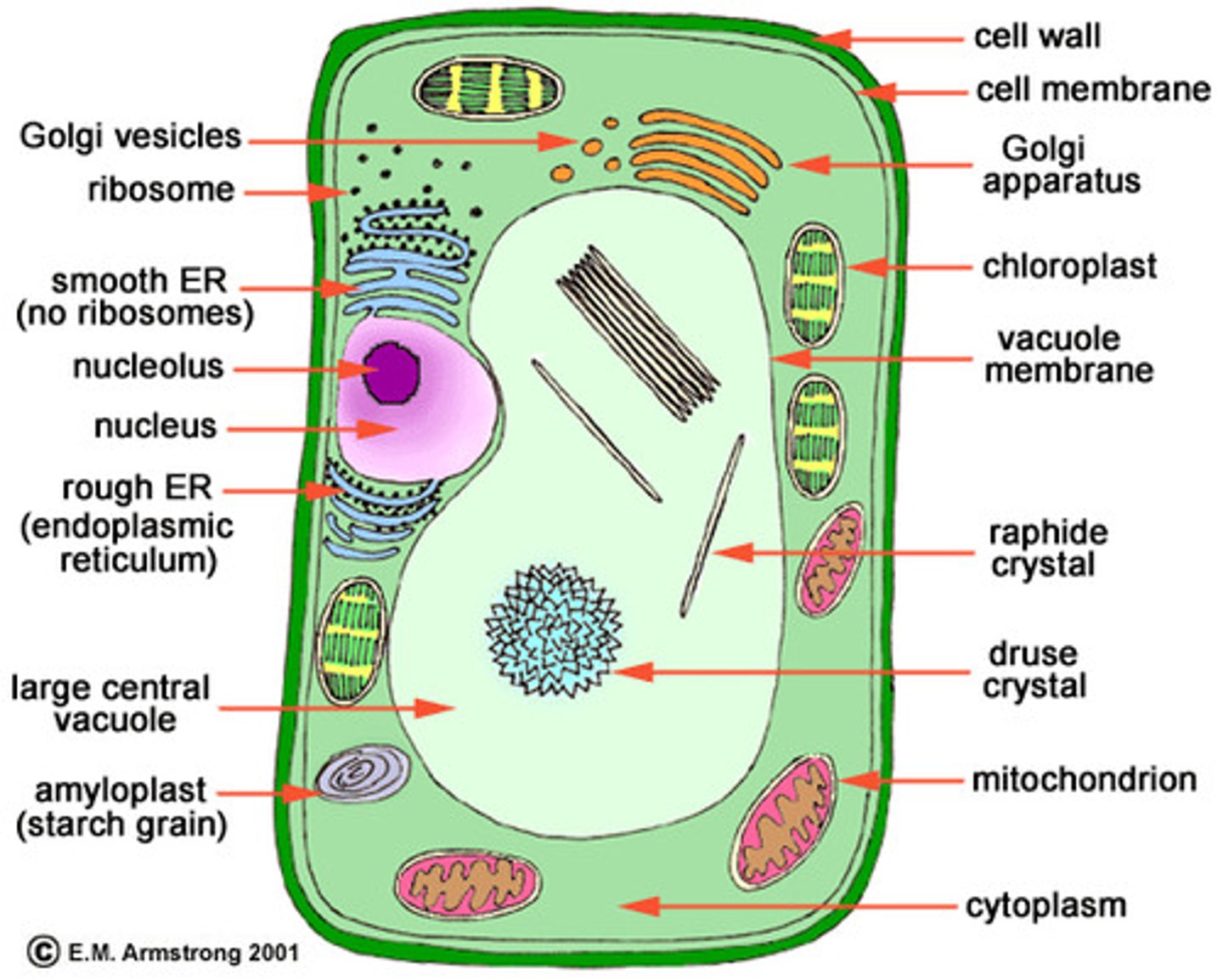
Animal Cell
Eukaryotic and multicellular organisms that obtain their food from outside source.
Chemical filtration
using chemicals, like chlorine to kill microbes or activated charcoal keep the water clear
physical filtration
Removes solids using graving to move through filters from the water improves color and clarity
biological filtration
microbes destroys and removes waste particles
Microbe (Microorganism)
a small living thing seen only with a microscope
dissolved solids
Materials and minerals dissolved in water, measured in ppms
suspended particulates
any small bits of solid material floating in water
Turbidity
A measure of how clear water is.